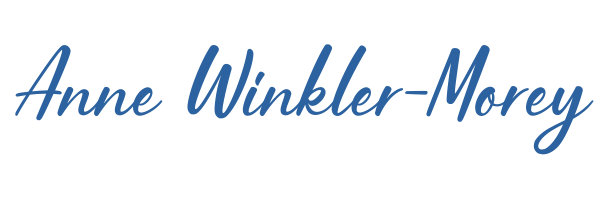
Peddling my book, I keep hearing this confession:
I don’t read. I can’t read. I am not a reader.
At a table on Lake Street in Minneapolis a man said, “I can’t believe I’m telling you this. I haven’t told anyone.” He intimated the problem was his eyes. He wanted to know if the book was on audible.
For the man who followed his wife into in the Red Wing MN bookstore wearing a Vietnam Vet hat, Vietnam vet shirt, Vietnam vet belt, and perpetual punched-in expression on his face, an audible book would not help. The proprietor of Fair Trade Books — who gifts a book to every new customer — tried in vain to find one he would accept. “I can’t listen either.” he explained. “Can’t concentrate.”
The administrator of a Facebook bicycle group was happy to raffle off a book in exchange for an ad. I sent him the copy and he looked at it long enough to check what road I passed through his town. “I don’t read,” he told me. He hoped I would find readers and was pleasantly surprised by the interest.
A woman who is a librarian with a master’s degree said “I know it sounds strange. I don’t read. My husband goes through a couple books a week. He will love it.”
Some booksellers — I have discovered — do not read.
What astounds me are the people who buy Allegiance even though they do not read, hopeful that now they can start. They hold the book, flip through it, find themselves reading a paragraph. They look at the map I have displayed of the places the book travels, and point out where they have been.
At these moments I am so grateful I wrote the book in small chunks, and that Tee Hong’s happy bicycle drawings divide sections that are not all happy. I am glad I did not heed the advice of one writing instructor who said with disdain, “You are writing a subway book. I hate subway books.”
A subway book is one where you can read a complete section in the time it takes to commute on public transit. A book about a bicycle trip, one that is always moving to a different place, that alternates between inner and outer story, lends itself well to that kind of format.
But I also think I wrote that kind of book because I too, have spent years when I could not read.
For me, not reading was a professional hazard of elemental proportions. People who study history don’t do much else. It took me thirteen years to complete an undergraduate degree and another thirteen to get a Ph.D. Those reading droughts had much to do with my slow progress. It was not that I did not read at all. I struggled with it every day. I carried books around with me, hoping their contents would seep through the vinyl backpack onto the cotton shirt, through my skin, up my spine, into my brain.
I did read, but my mind would wander after a paragraph or two — often going places the book took me, but not allowing me to finish the assignment, swallow the pages. I have a room full of bookshelves filled with half-eaten books, a bite here, a bite there, and in my mind a connection that lasts, though I cannot mark off the pages in that ledger I created in graduate school to game-ify the process.
So, I understand. I know that there are many reasons we don’t read. I credit my ability to read right now to the yoga/meditation I do every day. A quiet mind can read. A frenetic mind, a traumatized mind, a distracted mind will find it difficult if not impossible. A mind that is ashamed of not reading will have a much harder time reading. There is nothing to be ashamed of. Nothing.
To those people who told me they do not read, and then bought my book for themselves:
I wish you a gentle time with its pages. You don’t have to read it all. You can flit from section to section. You can pass it on. I am so honored that you were inspired to give to a try. I hope the words— any of them— will feed you.
_______________________________________________________________________
Anne Winkler-Morey has a Ph.D. from the University of Minnesota and taught history and ethnic studies at colleges and Universities in the Twin Cities for three decades. In the 1980s she was the Director of the Central America Resource Center in Minneapolis In 2010 she was instigator of the National Ethnic Studies Week. Her Minneapolis Interview Project includes 100 life stories with a social justice lens. She lives in Minneapolis with her spouse, David. In 2011-2012, they rode the contiguous perimeter of the United States. Allegiance to Winds and Waters: Bicycling the Political Divides of the United States is her story of that trip.
